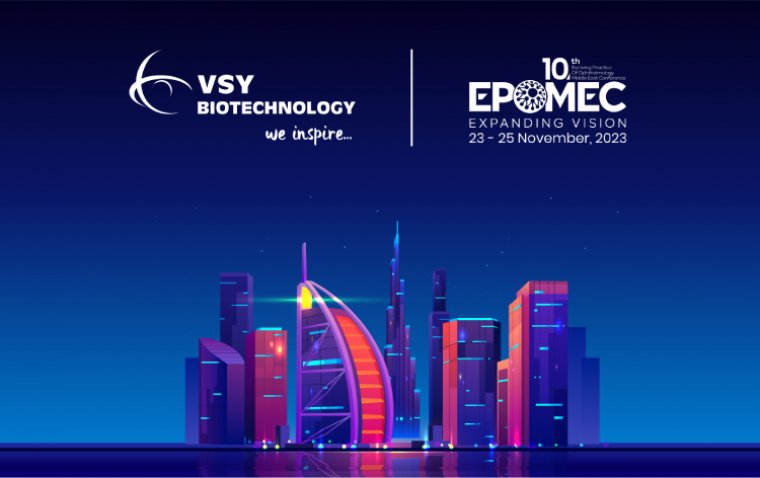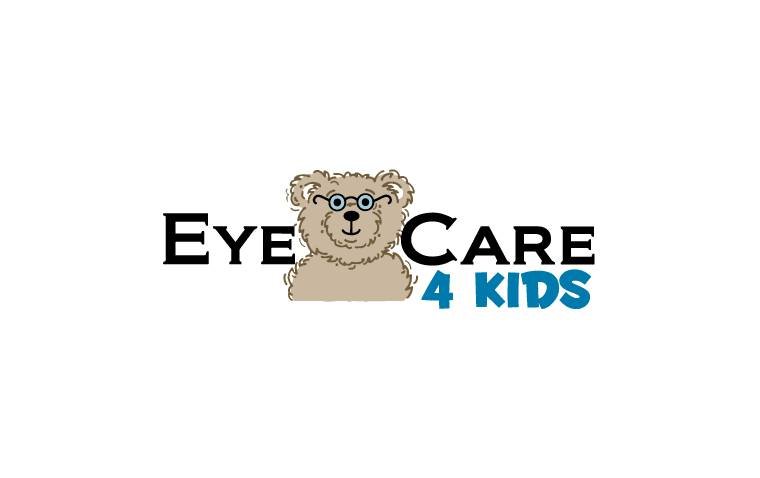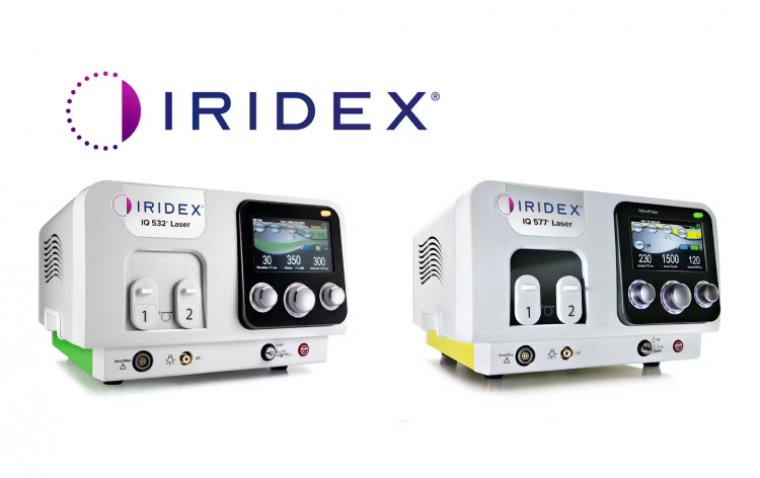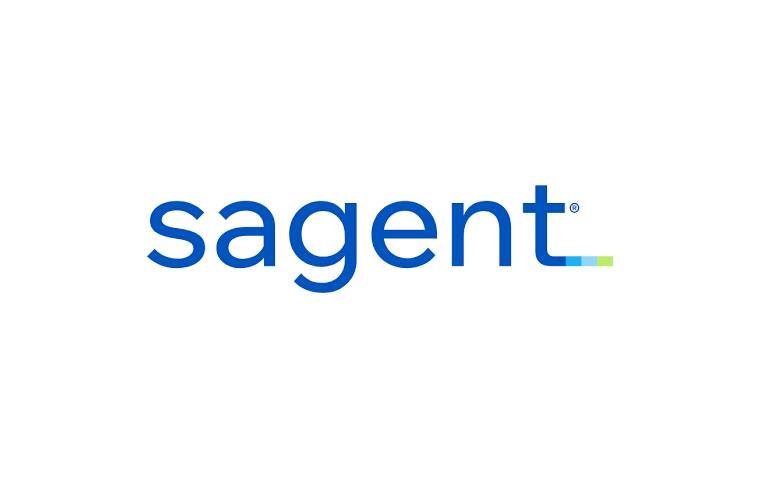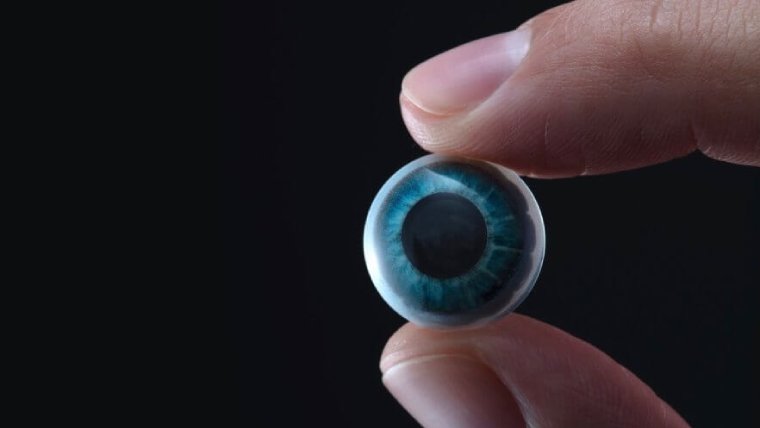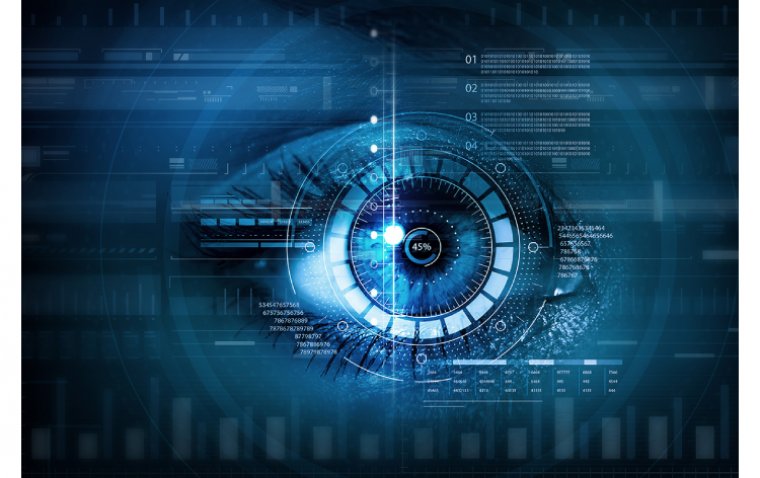
Ophthalmology Experts Say AI for Diagnosis and Treatment is the Next Big Thing
Ophthalmology is a medical field that specializes in the diagnosis and treatment of eye diseases. Advancements in technology have made it possible to develop new approaches for diagnosing and treating ocular diseases. One of the most promising areas of research in ophthalmology is the use of artificial intelligence (AI) for diagnosis and treatment.
In a recent survey conducted by our team, we asked participants what they think is the most promising area of research in ophthalmology. 37% of the participants chose AI for diagnosis and treatment, while 32% chose gene therapy for inherited retinal diseases, and 30% chose stem cell therapy. This shows that a significant number of people believe that AI has great potential in the field of ophthalmology.
So, how exactly can AI help with the diagnosis and treatment of ocular diseases? One of the primary ways AI can help is through the use of image recognition technology. With the help of deep learning algorithms, AI can accurately detect and classify various eye diseases from images of the retina, optic nerve, and other parts of the eye.
This is particularly helpful in cases where the disease is in its early stages, and traditional methods of diagnosis may not be effective. Early detection of eye diseases is critical in preventing further damage to the eye and preserving the patient's vision.
In addition to diagnosis, AI can also aid in the treatment of ocular diseases. For example, AI can help identify the most effective treatment plan for patients based on their medical history, symptoms, and other relevant factors.
AI can also help in the development of new treatments for ocular diseases. By analyzing large amounts of data, AI can identify new targets for drug development and provide insights into the molecular mechanisms underlying various eye diseases.
However, it's important to note that AI is not a replacement for human expertise in ophthalmology. While AI can provide valuable insights and assistance, it's still crucial for medical professionals to interpret and verify the results generated by AI algorithms.
Overall, the survey results show that there is a lot of excitement and optimism about the potential of AI in ophthalmology. With further research and development, AI has the potential to revolutionize the way we diagnose and treat eye diseases, leading to better outcomes for patients.
(1).jpg)
.PNG)

